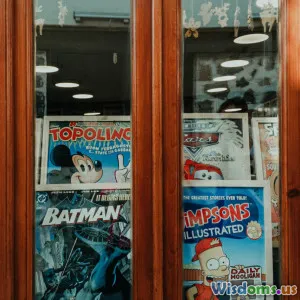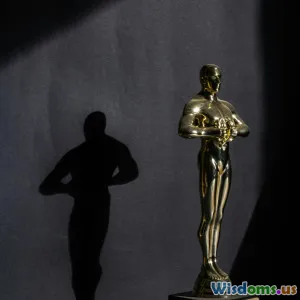
My Six Surprising Lessons From Binge Watching The Bear
13 min read Discover six unexpected life lessons learned from binge-watching 'The Bear,' blending culinary drama insights with personal growth takeaways. (0 Reviews)
My Six Surprising Lessons From Binge Watching The Bear
Raw kitchens. Razor-sharp knives. Snappy dialogue. At first glance, FX's The Bear seems like a high-octane chef drama—equal parts stress test and dark comedy. But after a marathon viewing session, it became clear there’s more bubbling beneath the surface. Hidden within the bustling restaurant chaos are insightful, sometimes shattering, lessons about leadership, ambition, community, and even personal growth. Let’s step into the kitchen and discover the six unexpected insights simmering in this critically acclaimed series.
Trust Is a Two-Way Street, Even When Tempers Flare
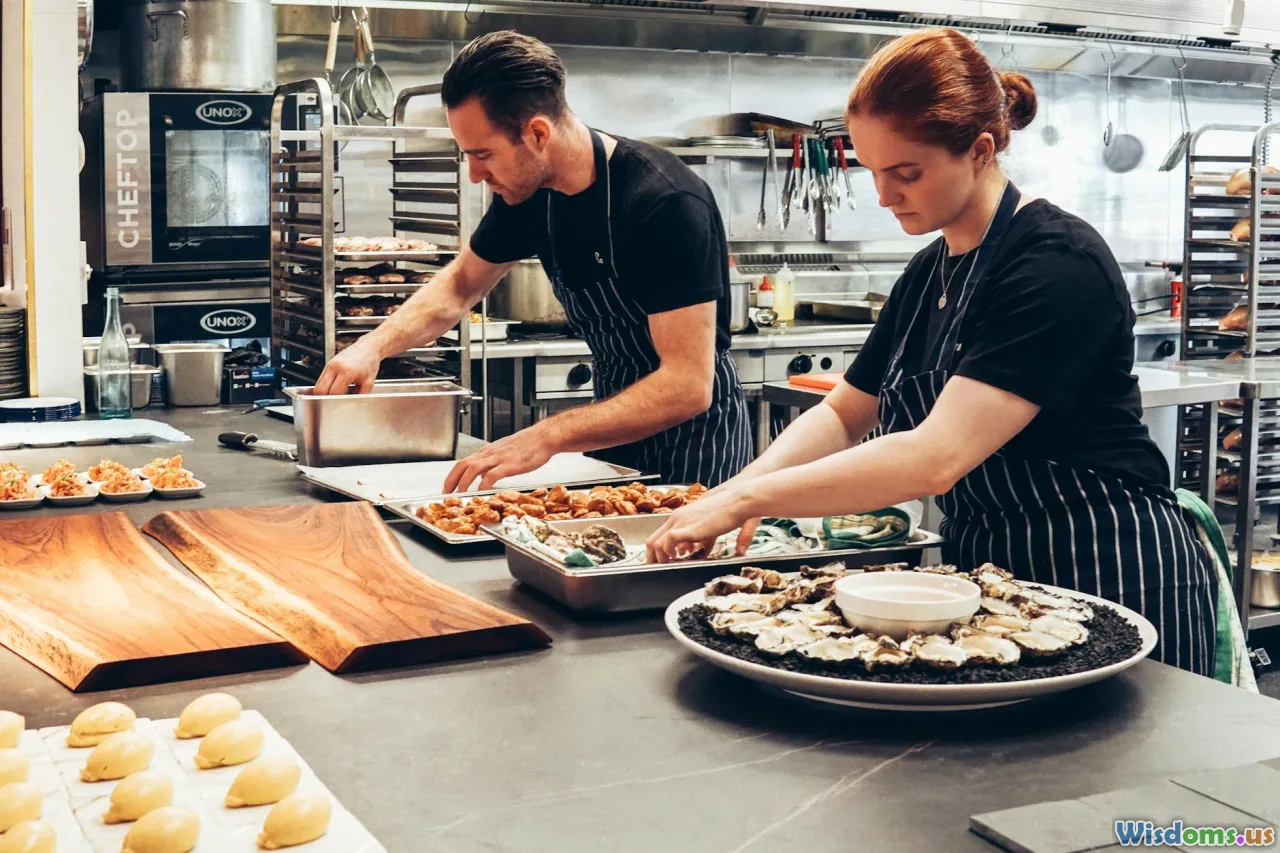
When Carmy, the world-class chef, returns to his late brother’s struggling sandwich shop, tensions ignite instantly. The kitchen in The Bear operates like a pressure cooker—shouting matches and simmering resentment are daily fare. But what’s captivating is how the staff’s trust (or lack thereof) shapes every aspect of their work.
Example From the Show:
Richie, the gruff cousin and de facto manager, clashes with Carmy from day one. They disagree on everything—menu changes, workflow, even what counts as "respect." Still, moments of mutual reliance emerge amid the chaos: shoving through a jammed lunch rush, trusting each other to finish rush orders, or quietly covering someone's mistake so dinner service won’t crash and burn.
Real-World Takeaway:
In leadership and teamwork, trust isn’t just given—it must be earned and reciprocated. The Bear artfully demonstrates that open communication (even heated), showing vulnerability, and following through on promises foster trust. It's a slow-cooked process, but essential if you want a kitchen—or an office—to function like a real team.
How-To Tip: Next time you’re working under pressure, check your knee-jerk reactions at the door. Are you listening for understanding, or just waiting to fire back? Acknowledge effort, invite feedback, and gradually build a foundation for trust that holds when tempers flare.
Perfectionism Is a Double-Edged Knife
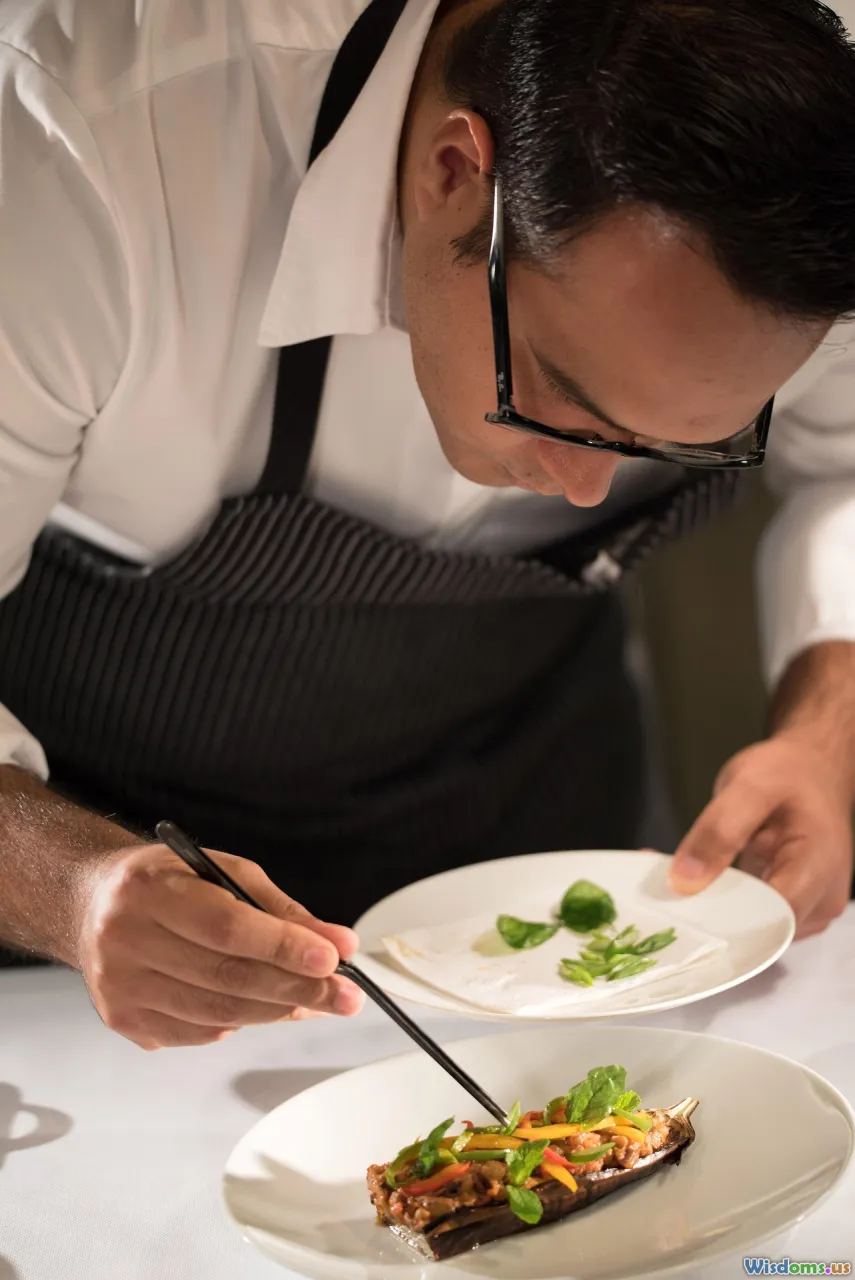
In the culinary world (and in life), the pursuit of perfection can elevate ordinary work to art, but it can also turn passion into torment.
Example From the Show:
Carmy, haunted by his fine-dining pedigree and his brother’s legacy, obsesses over every plate, every order, every fraction of an ingredient. Early scenes show him remaking the same Italian beef sandwich over and over, dissatisfied by minor blemishes invisible to most diners. Meanwhile, Sydney, the ambitious sous-chef, pushes herself beyond the brink to "prove" she belongs alongside him.
Analytical Comparison:
Their drive leads to inspired new menu items—but it also seeds tension. When the kitchen fails to nail down every detail, chaos compounds. Staff burn out. Mistakes happen. And that’s the catch: as The Bear illustrates, perfectionism can motivate excellence, or it can choke creativity and morale.
Actionable Advice:
- Set "good enough" standards for routine tasks, preserving your obsessive focus for make-or-break moments.
- Be transparent about goals and what matters most. Not every dish, memo, or outcome must be a masterpiece. Channel your energy wisely—perfection works best as a scalpel, not a sledgehammer.
Grief Lingers in Every Corner, But So Does Renewal
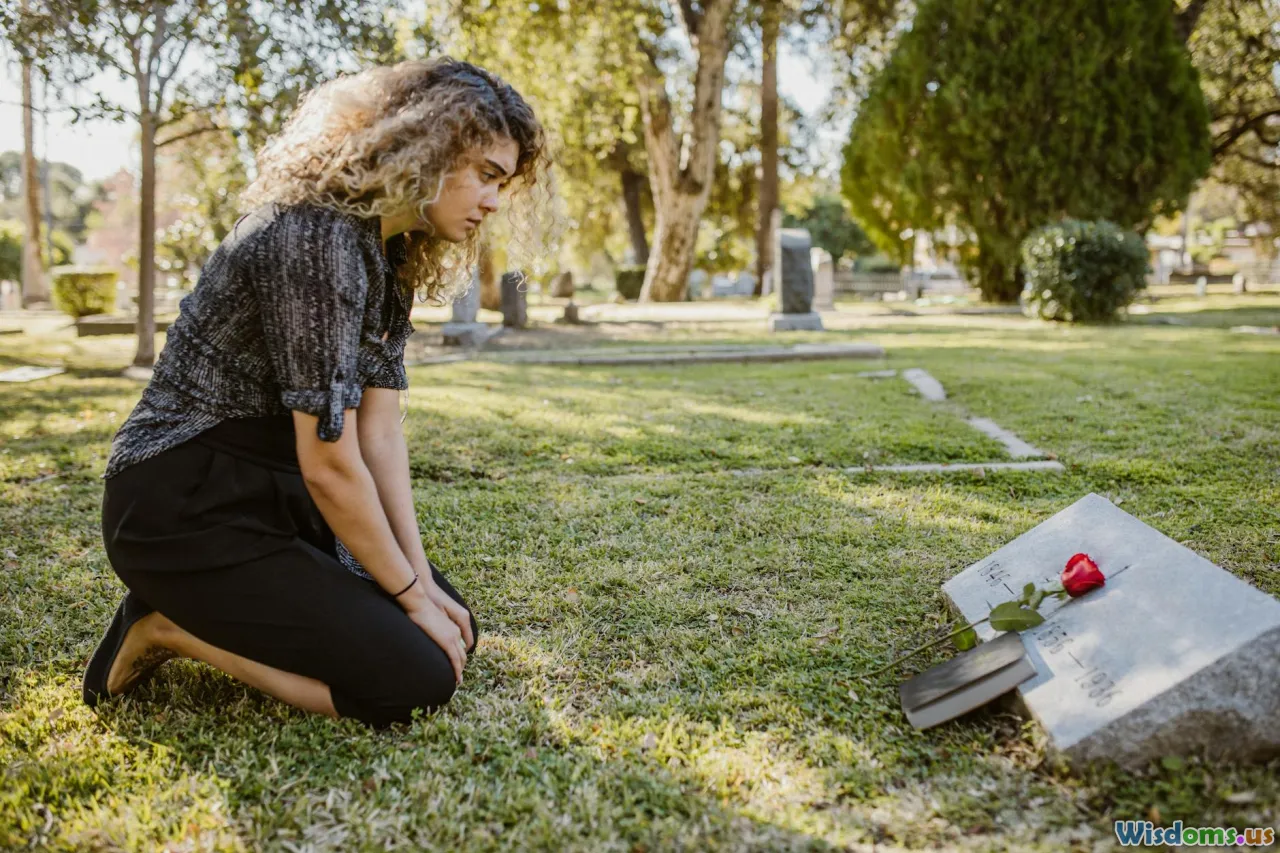
One of the most poignant threads throughout The Bear is how the haunting presence of Carmy’s late brother shapes the kitchen. Grief distills into every shot: in a lingering glance at the battered back office, the subtle avoidance of certain corners, or the unsaid words between characters. But incredibly, the series is also about finding hope where loss once presided.
Example:
There’s a moving scene where Carmy finds a note his brother hid away—a literal message in a bottle. It’s not a grand gesture or a perfect reconciliation, but an echo of care from a lost sibling. Similarly, restaurant regulars and veteran staff refuse to abandon the place, helping imbue the shop with a living memory amid Carmy’s efforts to renovate and reinvent.
Tips for Navigating Loss (In and Out of the Kitchen):
- Honor what came before while allowing space for the new. This could mean keeping a beloved recipe or annual ritual alive while reimagining what the team or family can become.
- Communicate openly about change. Resistance often comes from feeling forgotten or displaced; transparency honors both legacy and progress.
In kitchen or conference room, renewal often takes root exactly where deep grief once dwelled. The Bear excels at showing us that healing is never clean or linear—but it’s always possible.
Chaos Can Breed Creativity—When Harnessed Properly
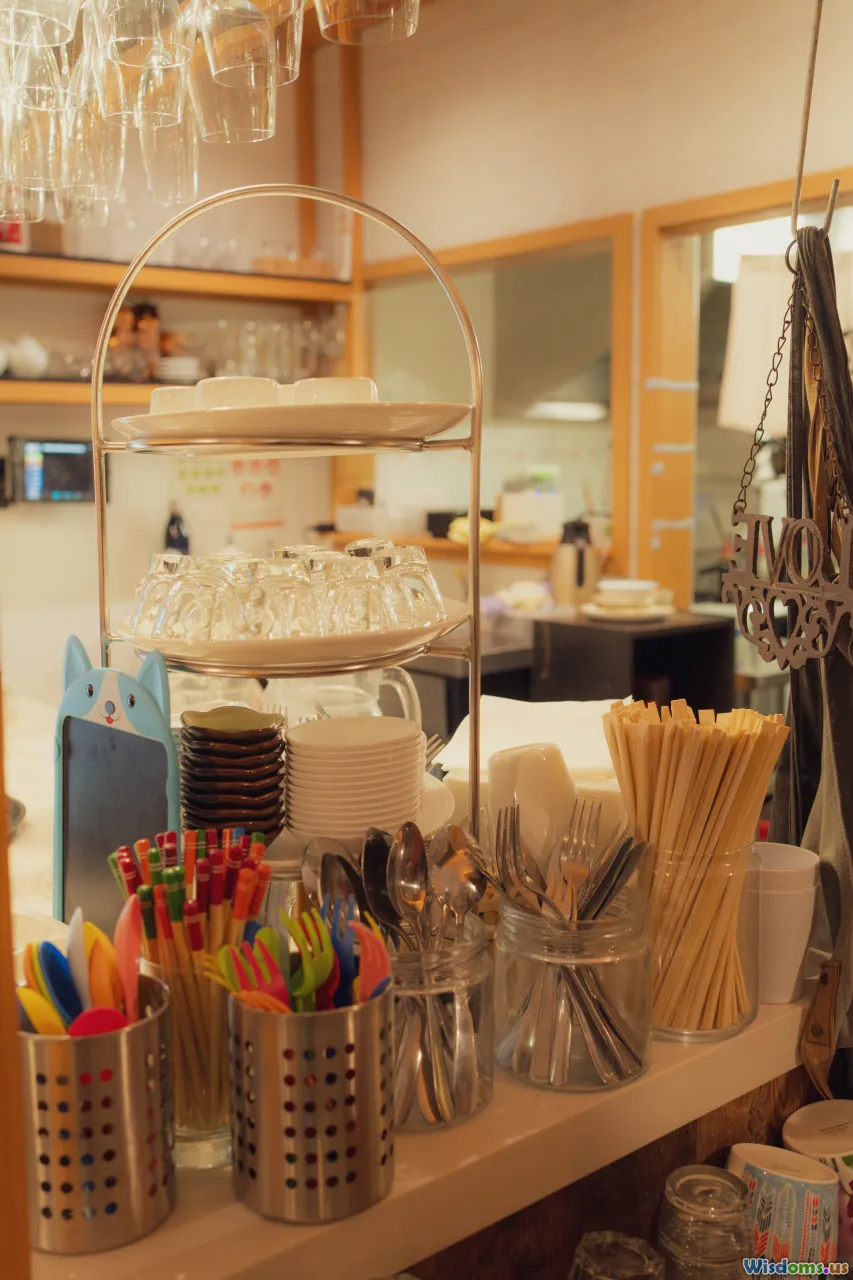
Nobody does controlled chaos quite like The Bear. There are scenes of total meltdown—cooking mishaps, delivery mix-ups, never-ending order tickets—but, weirdly, these moments aren’t always disasters. Sometimes, they’re where creativity is born.
Specific Episode Example:
During a catastrophic night service, half the kitchen’s equipment fails. Instead of giving up, Carmy and Sydney reimagine the menu on the fly, consolidate steps, and invent a new sandwich using leftover proteins. By the time the last patron leaves, they've crafted something unique—leaner, smarter, and incredibly popular with the regulars.
Actionable Analysis:
Why does this work? Chaos upends rigid thinking. When your "usual" fails, you’re forced to ask: What resources do we really have? How can we remake our approaches, menus, and workflows?
Tips on Harnessing Productive Turbulence:
- Designate "safe spaces" for wild ideas—weekly brainstorming, open-call feedback loops, or designated R&D shifts.
- Train yourself (and your team) to pivot quickly—practice drills, "worst case scenario" planning, or role reversals.
- Celebrate accidental discoveries. Some of the best products (or dishes!) in history were the result of fortunate misfires.
The Value of Grit: Why Failure Is the Secret Ingredient
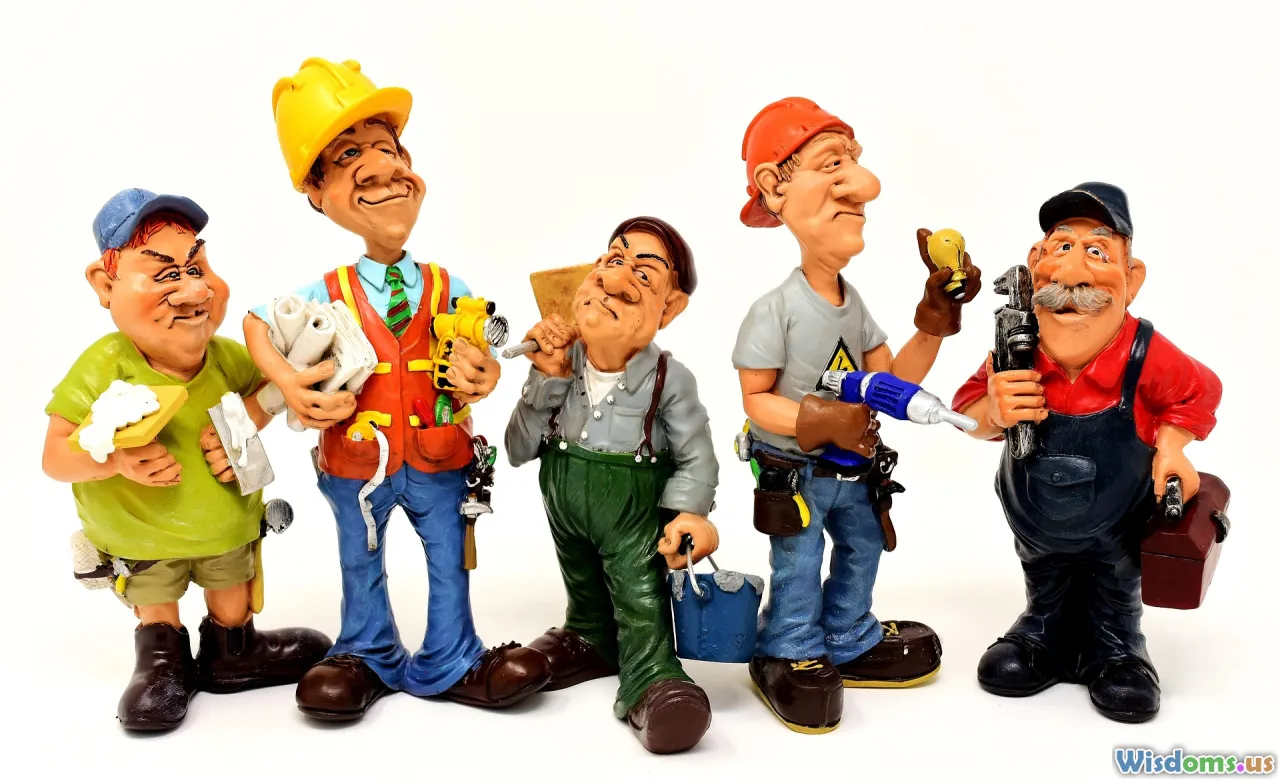
Too many series glorify overnight success. Not The Bear. Here, failure isn’t a plot device; it’s the backbone of the story—and the birthright of any real artist or entrepreneur.
Case Studies From the Show:
- Sydney’s catering event starts perfectly but ends in disaster after operational errors—her humiliation is palpable, but she experiments, regroups, and ultimately comes back stronger.
- Carmy, who’s used to Michelin-star discipline, faces the ugly reality of broken fryers, unreliable staff, and neighborhood cynicism.
In both cases, no one is immune to stumbling—or to the hard-won wisdom that stumbling eventually confers.
Professional Insight:
Failure in The Bear doesn’t spell doom. It’s a necessary prelude to reinvention.
Action Plan:
- Normalize constructive post-mortems. After a setback, gather the team (or self-reflect) and ask: What did we try? What failed? What did we learn?
- Embrace a culture of resilience. Celebrate bounce-backs, not just wins. Over time, this creates a growth mindset that supports risk-taking and innovation—an essential for any high-pressure workplace.
The Importance of Found Family
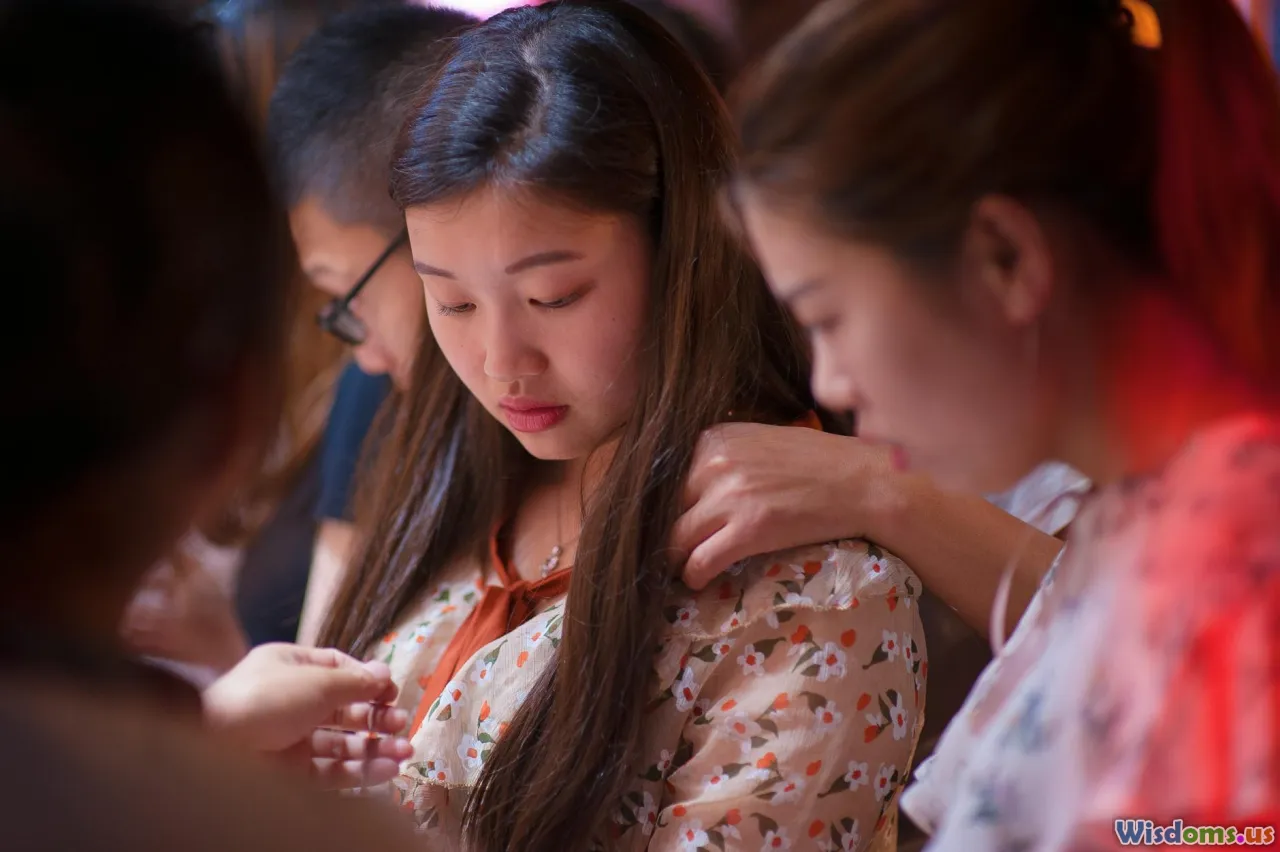
Perhaps the most surprising lesson from The Bear isn’t about running a restaurant—it’s about human connections forged in unforgiving places. When biological families fracture or fade, communities have the power to adopt and heal their own.
Narrative Insight:
Carmy didn’t return just for the roast beef with giardiniera. He comes back to grieve, to find meaning, and, ultimately, to repair relationships—messy as they may be. Over time, the staff become one another’s lifeline: teammates, rivals, sometimes even surrogate siblings.
Sydney, for example, finds mentorship in Carmy. Richie grows (however fitfully) by learning to rely on his co-workers' strengths instead of just their loyalty. The kitchen, with all its pressure and profanity, becomes a crucible for something like unconditional acceptance.
Life, Beyond the Counter:
- Seek community in unlikely places. Whether through shared struggle, laughter, or daily grind, family is something we choose as well as inherit.
- Value belonging as much as achievement. Amidst the competition and chaos, what stands out in The Bear is the comfort of knowing someone’s got your back.
In the End, the Kitchen Is Life—Unscripted, Unfiltered, Real
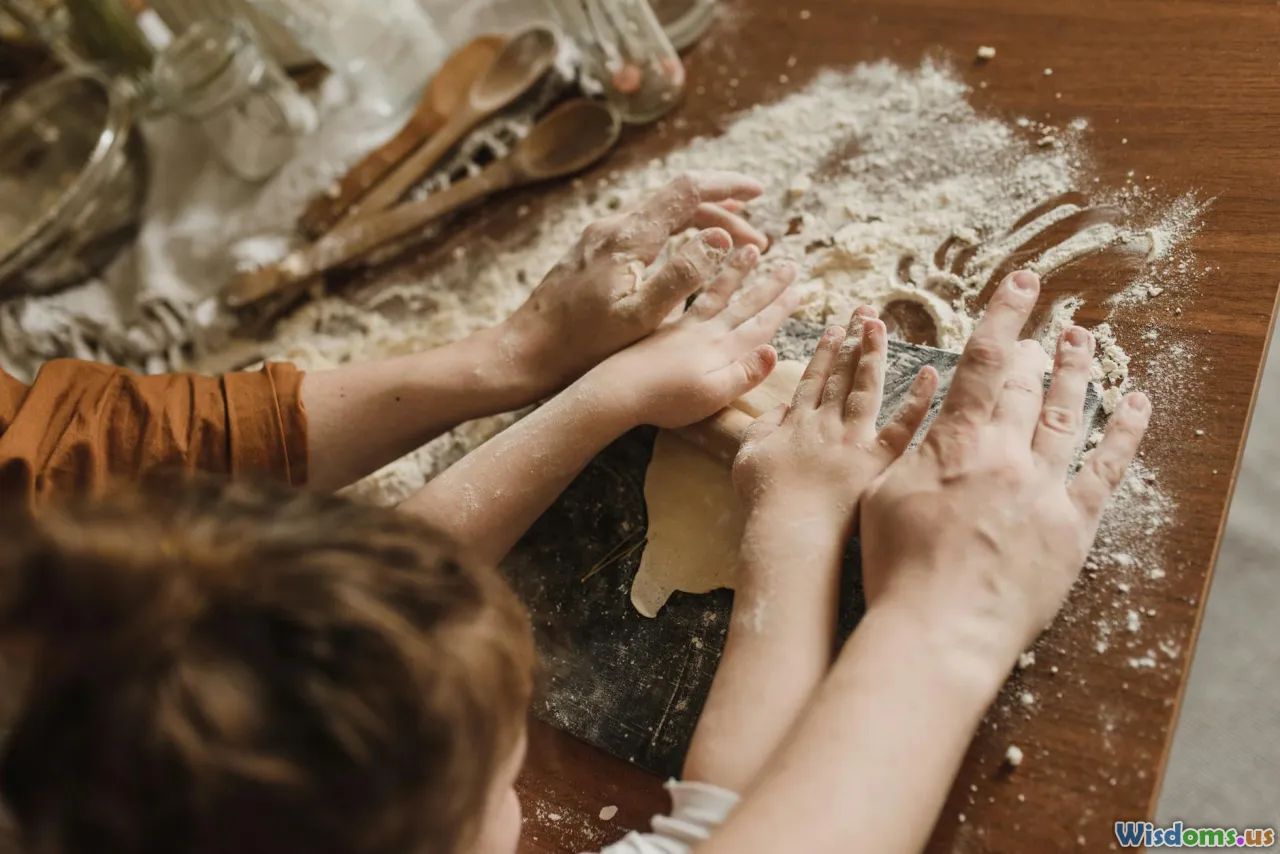
With its breathless pace and flawed heroes, The Bear is the kitchen sink dramatization we didn’t know we needed. Beyond its razor-sharp culinary technique and whiplash/drama editing, the series dishes up wisdom on trust, perfection, grief, chaos, grit, and chosen family.
Watching Carmy, Sydney, Richie, and the rest means seeing a reflection of real-world messiness—sometimes exhausting, often beautiful. Professionally and personally, the greatest flavors (and moments of growth) are seldom scripted; they’re forged in pressure, spiced with human error, and served lineup-style, one day, one shift, at a time.
So after binging The Bear, I won’t remember just the knife work or sandwiches. I’ll remember the ways we can rise—together—through the fires. In every busy stretch of life or career, that’s a lesson as nourishing as any meal.
Rate the Post
User Reviews
Other posts in TV Show Reviews
Popular Posts













